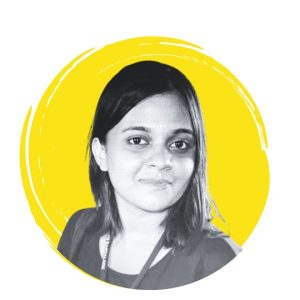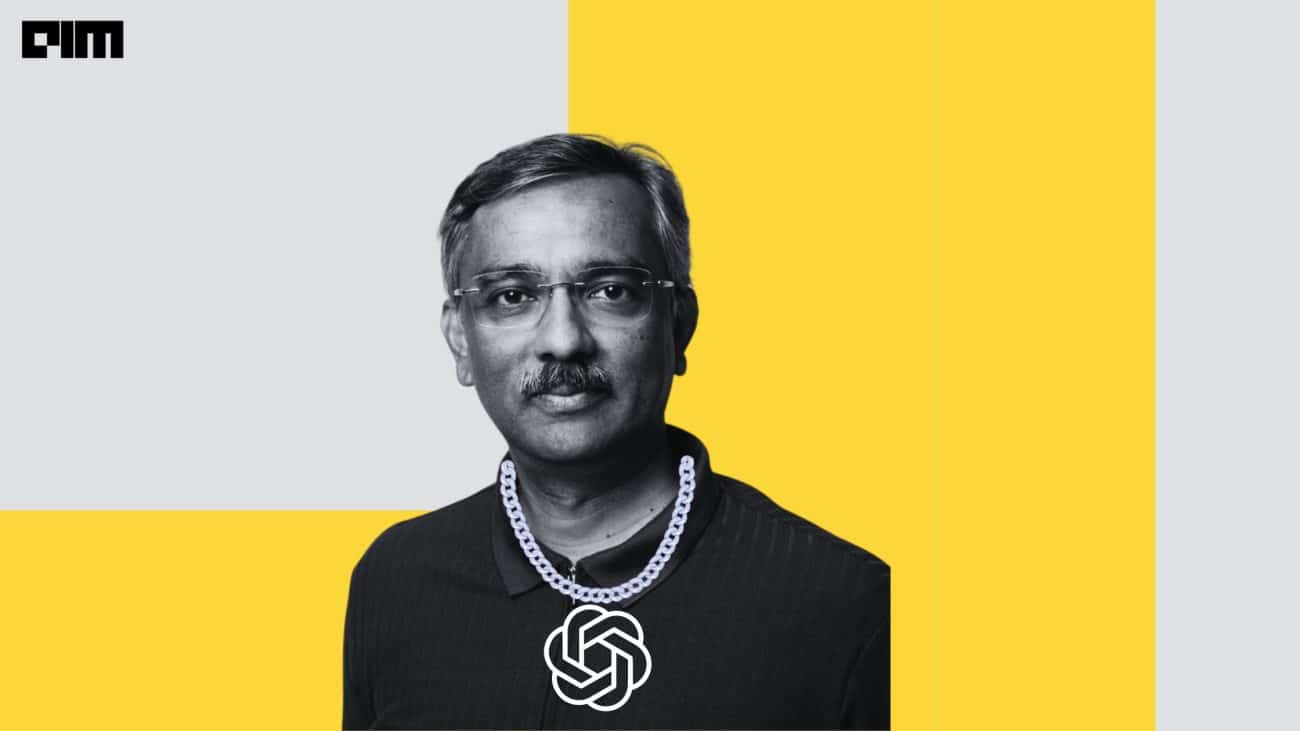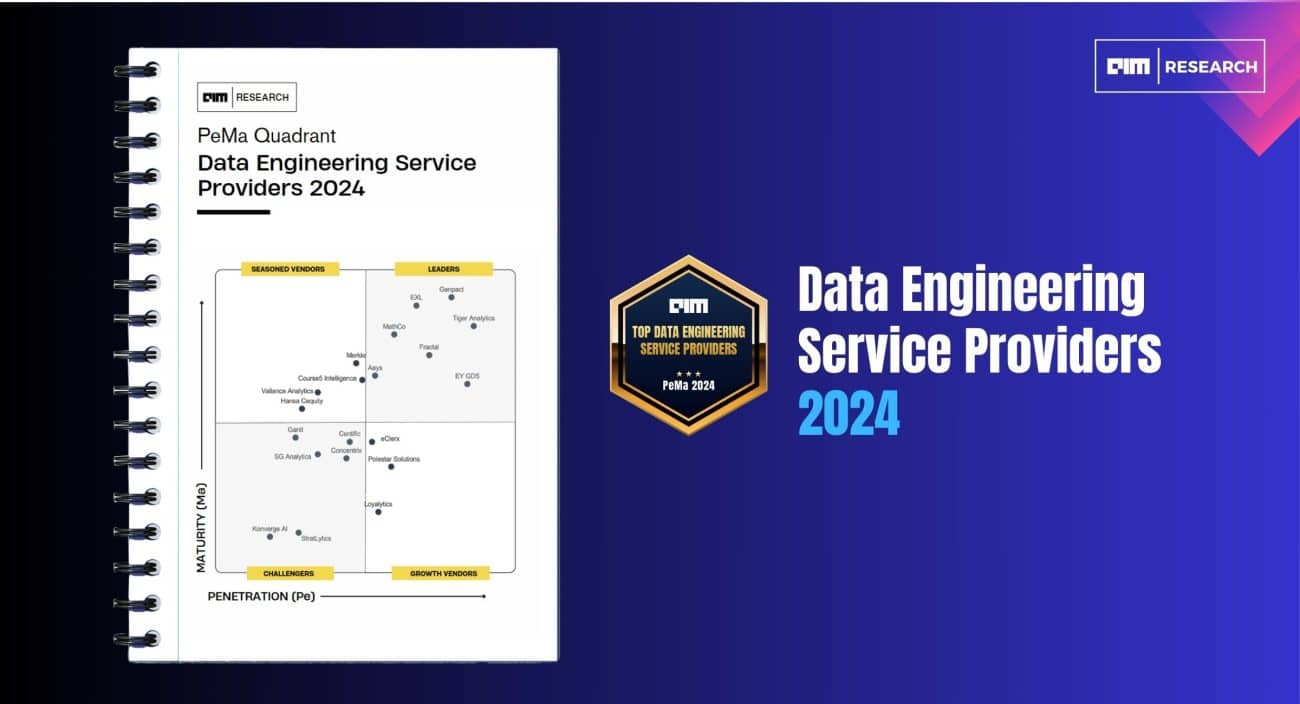Though quantum computing is still in a nascent stage, there is a growing interest in this area due to the myriad benefits this technology can bring. A PitchBook report of September last year said that investors had put in USD 1.02 billion into quantum computing companies till September 2021. Recently, the World Economic Forum released the first Quantum Computing guidelines. Universities across the world are investing in research for the advancement of this technology. Let us look at a few of the top institutes leading in quantum computing research. The list is in no particular order.
IISc – Centre for Excellence in Quantum Technology
Faculty members from physics, engineering, and computer science at IISc are working in this area. As the existing expertise and facilities available in India are limited on the theoretical as well as the experimental side in this domain, this centre aims to accelerate Indian pursuit in this field on par with the rest of the world.
The experimental program in this centre focuses on superconducting qubit devices, single-photon sources and detectors for quantum communications, integrated photonic quantum networks, quantum sensors and much more.
For more details, click here.
Tata Institute of Fundamental Research
The Quantum Measurement and Control Laboratory (QuMaC) at TIFR focuses on investigating quantum phenomena in superconducting circuits. Research areas include quantum error correction, quantum simulations, novel qubit designs, quantum limited parametric amplifiers, etc.
The lab has state-of-the-art equipment to facilitate research. These include
- Cryogen Free Dilution Refrigerator (Oxford Triton 200) to cool down the devices to about 10 mK, which helps in studying quantum phenomena in a low noise environment.
- The superconducting devices are fabricated using electron-beam and optical lithography in the TIFR Nanofabrication facility.
- The researchers can fabricate custom RF circuit boards with metal-plated vias using the LPKF PCB Prototyping machine.
For more details, click here.
IISER Pune
The I-Hub Quantum Technology Foundation has been set up in IISER-Pune with support from GoI’s Department of Science and Technology. It aims to develop quantum computers and novel quantum materials for day-to-day applications and is led by faculty from the physics department. As per the institute, I-HUB aims to harness quantum phenomena for developing advanced computing systems and for more immediate applications, such as precision sensors, navigation devices for global positioning systems, geological mapping, atomic clocks, encrypted communication, and novel materials. I-HUB also helps in technology translation, incubation and human resource development.
For more details, click here.
IIT Madras
The Centre for Quantum Information, Communication and Computing is an interdisciplinary research centre located in IIT-Madras. It has scholars from different disciplines such as physics, electrical engineering and computer science. Areas of research include quantum key Distribution, secure communication networks, quantum sensors, femtoTesla sensitivity, quantum computing, cluster state computing, machine learning, post-quantum cryptography, quantum algorithms, etc.
For more details, click here.
Outside India
Centre for Quantum Information and Foundations: Cambridge University
The Centre for Quantum Information and Foundations is located within the department for applied math and theoretical physics. It conducts theoretical research related to all aspects of quantum information processing and the implications of quantum computing and answers foundational questions in quantum physics.
For more details, click here.
Harvard Quantum Initiative
It is a community of researchers with an intense interest in advancing the science and engineering of quantum systems and their applications. It is co-directed by professors John Doyle, Evelyn Hu, and Mikhail Lukin. HQI brings together scientists and engineers across universities, companies, and government, to leverage quantum effects like superposition and entanglement to impact how information is acquired, stored, sent, and processed.
For more details, click here.









































